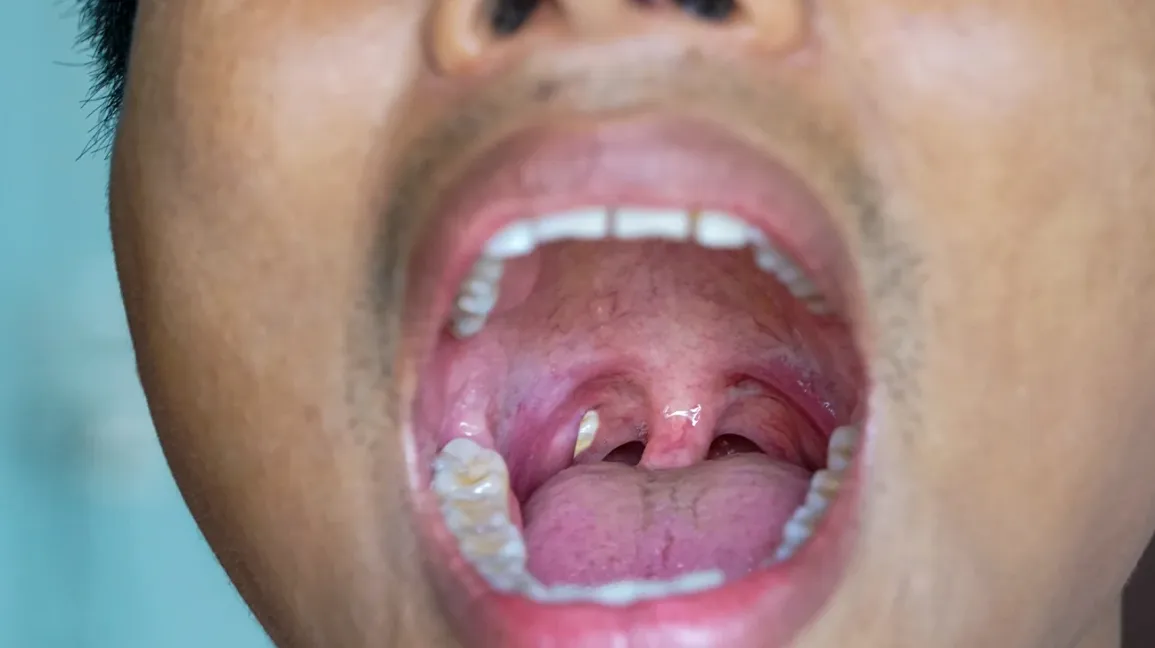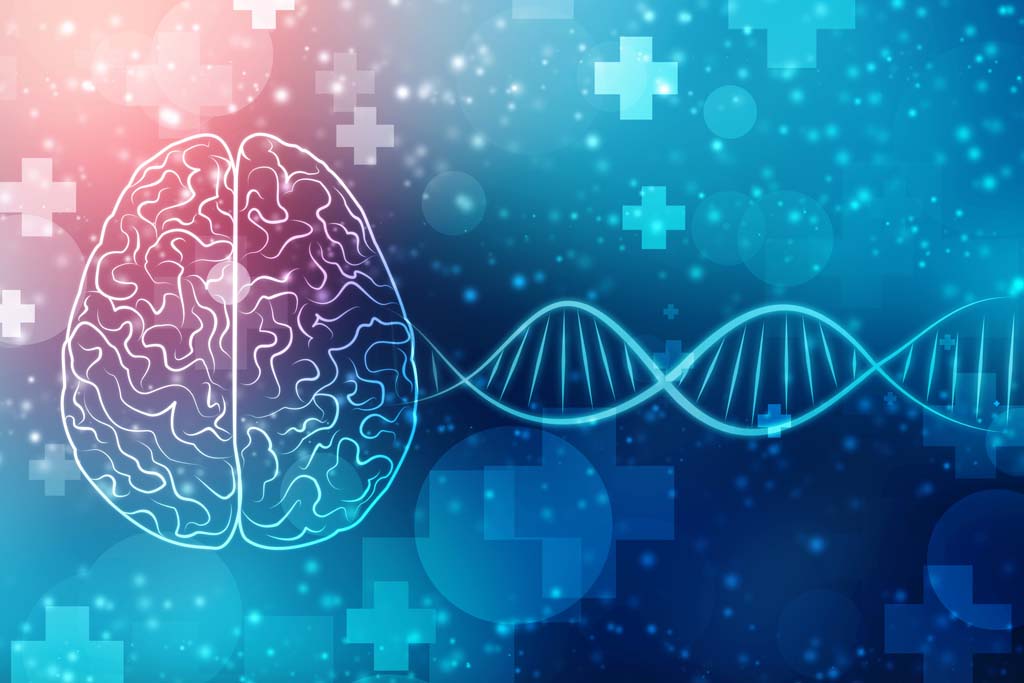Psychology has many ways of understanding the human being. One of which is the cognitive behavioral, which believes that people feel and behave according to patterns of thoughts learned throughout life (beliefs). Some of them distorted and still interfere in the present moment, generating difficulties and suffering. The person can not get rid of this way of thinking alone and it affects their emotions and behaviors.
Psychological disorders are the result of excessively dysfunctional beliefs or very distorted thinking that when activated have the ability to influence mood and behavior of the person. Therefore, to identify these thoughts and change them is critical to the treatment and reduction of symptoms.
In the case of teen counseling, specific techniques and strategies are required to access and modify and translate these thoughts.

Some irrational thoughts (beliefs) in teens:
- It’s horrible that they do not like me.
- I am bad.
- I’m incapable.
- Everything should be pleasurable.
- I must be perfect.
- I cannot make mistakes.
- I’m a loser.
- I can do everything I want.
- It’s awful to have to wait.
- I can not feel uncomfortable.
In addition, strategies that aim to decrease or increase the frequency of certain behaviors are also widely used.
Cognitive therapy in teens is highly recommended, as their disorders are predictors of psychopathology in the later stages of development. The absence of effective treatments can cause impairment in overall functioning and have negative effects on long-term emotional development.
Parental involvement in treatment as co-workers or coaches of their children is regular and occurs at different levels. The family receives periodic instructions and their involvement will vary depending on the child’s impairments, diagnoses, age and level of development.
The focus of cognitive behavioral therapy is the present and the future and treatment is always planned in tune with the goals of the patient and the family, passing constant evaluations of the results obtained.

Neil is a health blog author and editor for a variety of publications. He has written on a wide range of topics, from fitness to nutrition to mental health. He loves working with people who are passionate about improving their lives through bettering their bodies and minds by eating right and staying active as well as those who want to improve their mental health by living life authentically without feeling ashamed or embarrassed about what they’ve been through.











